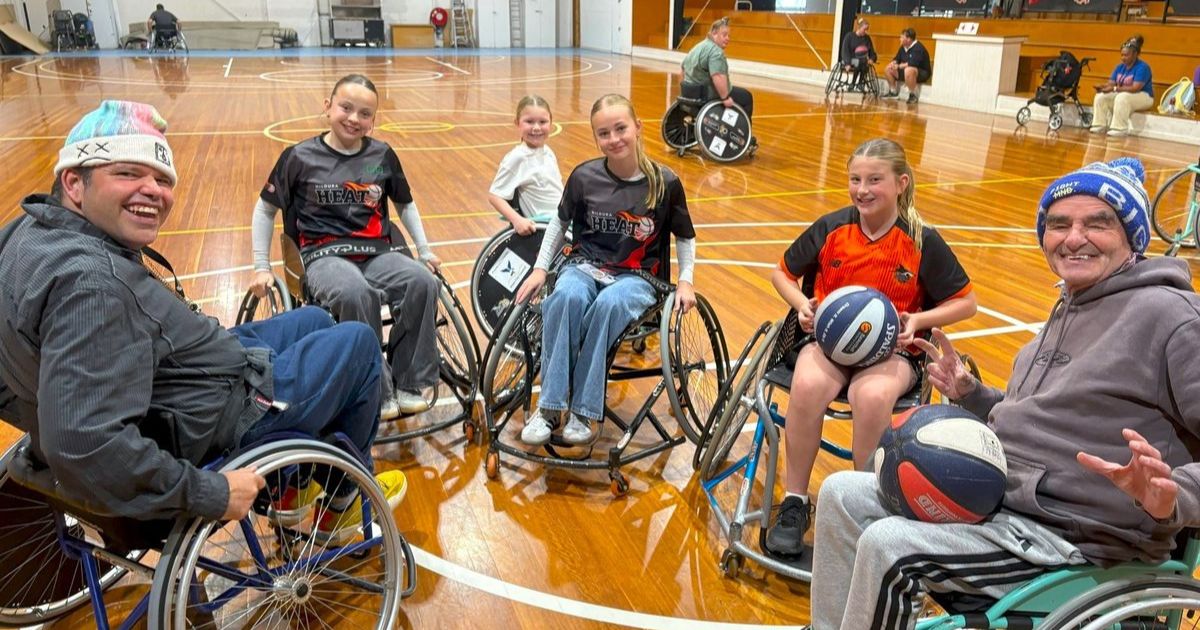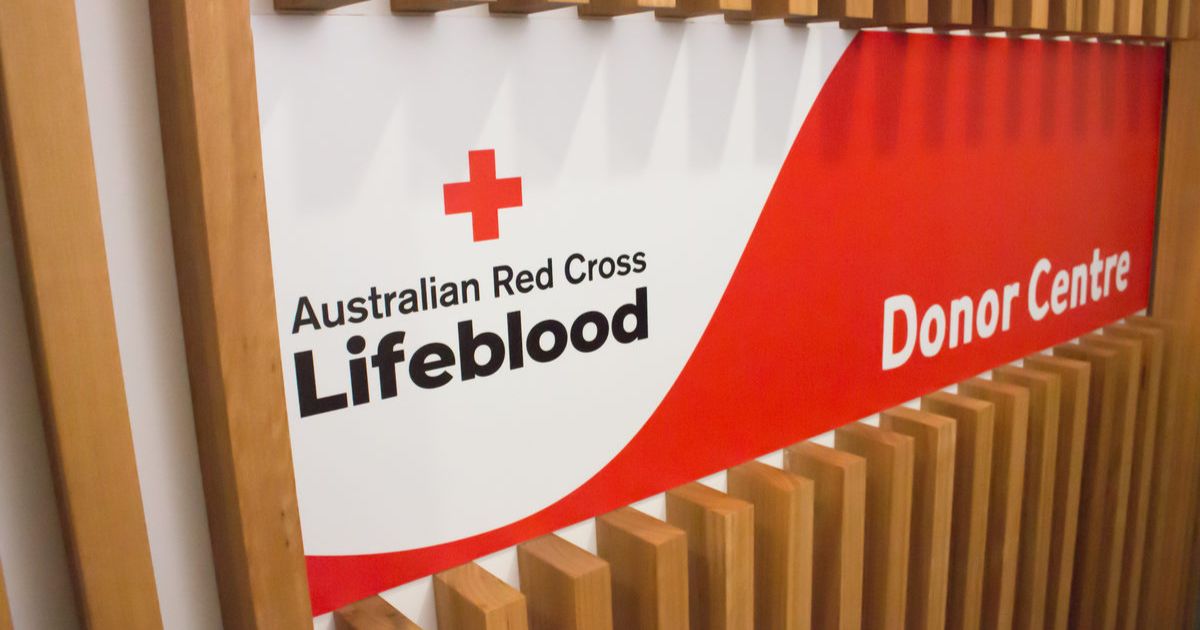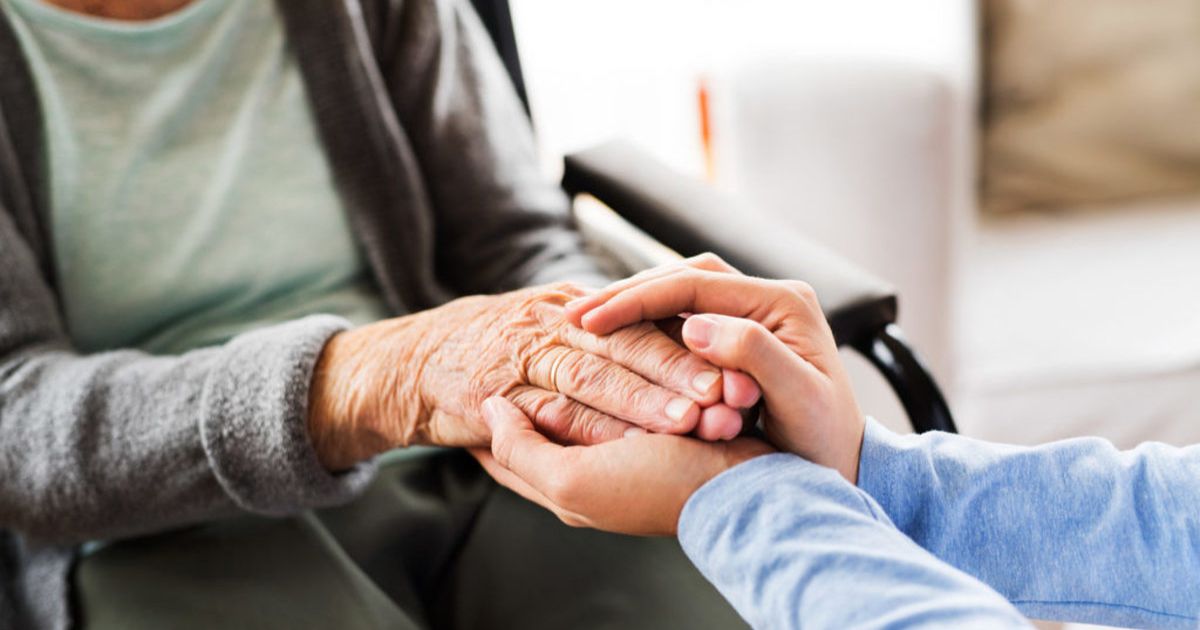State budget 2021 – Plan rests on COVID-19 containment

Fiscal plan: Treasurer Tim Pallas delivered the 2021/22 state budget at Parliament House last week. Photo: JAMES ROSS/ AAP IMAGE
VICTORIA’S budget rests on the assumption the state won’t have another prolonged coronavirus lockdown.
The seventh budget by Treasurer Tim Pallas, unveiled last Thursday, forecasts any further outbreaks of COVID-19 in Australia will be “contained and only result in localised, short-term restrictions.”
Following the lead of the Federal Government, the Victorian treasury anticipates international borders won’t reopen until 2022.
It is six months later than treasury initially forecast and is blamed on the delay in the rollout of COVID-19 vaccines globally.
International students are anticipated to start returning in “early 2022”, while tourist and migrant numbers are expected to pick up in the middle of the year as “safe travel zones emerge.”
Population growth is forecast to reach 1.7 per cent by 2023/24, below the average annual growth rate of 2.3 per cent over the five years before the pandemic struck.
“So far as the Victorian population we will see, reasonably quickly, a return to net migration inflows and continuing growth of the city,” Mr Pallas said, cautioning he did not know what the future will look like.
To offset some of the damage, the government will spend $55 million on a Visit Victoria marketing campaign to lure Australian tourists, and $42.9 million to support conventions and business events.
More than $100 million will be spent to rejuvenate Melbourne’s CBD and another $100 million will go towards cultural events and extending outdoor dining.
About $7.4 million will provide for a new dining voucher scheme to support the city’s hospitality industry.
The budget allocates $1.3 billion to continue the state’s fight against COVID-19, as well as $328.9 million to vaccinate Victorians who fall under phase 1A and 1B of the rollout.
However, no funding has been allocated to the vaccine rollout beyond June this year.
“There continues to be consistent problems around clarity of supply of the vaccine, that essentially is an issue that gives us difficulty in being able to have great certainty about when this process will be complete,” Mr Pallas said.
About $50 million will be spent on establishing local manufacturing of mRNA vaccines, such as Pfizer and Moderna.
Regions reflect broader plan
When it comes to regional and rural Victoria, the 2021/22 state budget is banking on a broader plan.
In spruiking the spending for those not living in the Melbourne metropolitan area, the Victorian Government points to the statewide plan for the mental health reforms and coronavirus recovery.
Of the $3.8 billion over four years being poured into mental health, about $700 million is going towards new and expanded regional mental health support services.
Included in those reforms are crisis outreach teams, continued running of hospital outreach post-suicidal engagement programs in Warrnambool, Shepparton and Mildura, and sub-regional follow-up care in regions across the state.
To encourage job growth, about $129 million is being spent on regional development and agriculture investment.
There’s $10 million for the Morwell Food Manufacturing Precinct in the Latrobe Valley, which is forecast to support about 1700 jobs, $17.4 million is being spent on employment diversification in Portland and across the Glenelg Shire and in Northern Victoria $1.6 million will go to the Hilldene Employment Precinct in Seymour.
For agriculture, there’s $11.7 million for traceability systems to prove the origin and quality, and promotion, of Victorian produce.
The government is also bringing forward by a year the full reduction to the regional employer payroll tax rate to 1.2125 per cent – down to a quarter of the metropolitan rate – kicking in from 1 July this year instead of next.
It’s touted to save money for about 4000 regional businesses.
The Government had already announced $6.4 million for the state’s fruit fly control strategy.
– BY AAP
What’s in it for Golden Plains?
– Woady Yaloak Primary School all campuses upgrade and modernisation – $9.05 million.
– Bannockburn South West Industrial Estate drainage works – $2 million.
– Meredith BMX track, skate park and playground upgrade – $420,000.
What’s in it for Ballarat?
– 25 new X’Trapolis 2.0 trains build in Ballarat costing $986 million.
– Replacement of the Lydiard Street rail gates – $10.5 million
– Forest Street Primary School – $5.57 million
– Western Freeway / Learmonth Road intersection upgrade
– Free Public WiFi in Ballarat CBD – $3.60 million.
– New 10 bed Youth Prevention and Recovery Care unit – location to be determined in next few months.
– Ballarat and Grampians Legal Centre – $100,000 per year for three years
– Alfredton Netball Project – $700,000
– Delacombe Community Outdoor Gym Project – $72,000
Statewide funding
What the Victorian government will be spending money on, by sector, in the next financial year.
Health
– Rebuild the mental health system – $3.8 billion
– Hospital services, including more emergency staff and specialised therapies – $3.7 billion
– Public health response to COVID-19 – $1.3 billion
Education
– 13 brand schools and additional stages of another three – $492 million
– Upgrade 52 schools – $340 million
– Victorian Academy of Teaching and Leadership, including Ballarat location – $148 million
– Three-year-old kinder roll-out – $167 million
Transport
– Road safety – $385.8 million
– Zero-emissions vehicle purchase subsidy – $46 million
– Improvement to regional and suburban bus routes – $74.3 million
Emergency services
– Reducing bushfire risk – $517 million
– Upgrade CFA radio equipment to digital – $138.8 million over seven years
– Upgrades to VicEmergency and other information systems, improving cross-border arrangements and the Australian fire danger rating system – $39.2 million
– Implement recommendations from police informants royal commission – $87.92 million
Aboriginal Victorians
– Yoo-rrook Justice Commission – $58 million
– To continue the transfer of Aboriginal child protection and out-of-home care services to Aboriginal community-controlled organisations – $32 million
– Advance treaty and self-determination – $17 million
– Mental health and wellbeing – $116 million
– Programs to prevent Aboriginal deaths in custody – $33.1 million


















